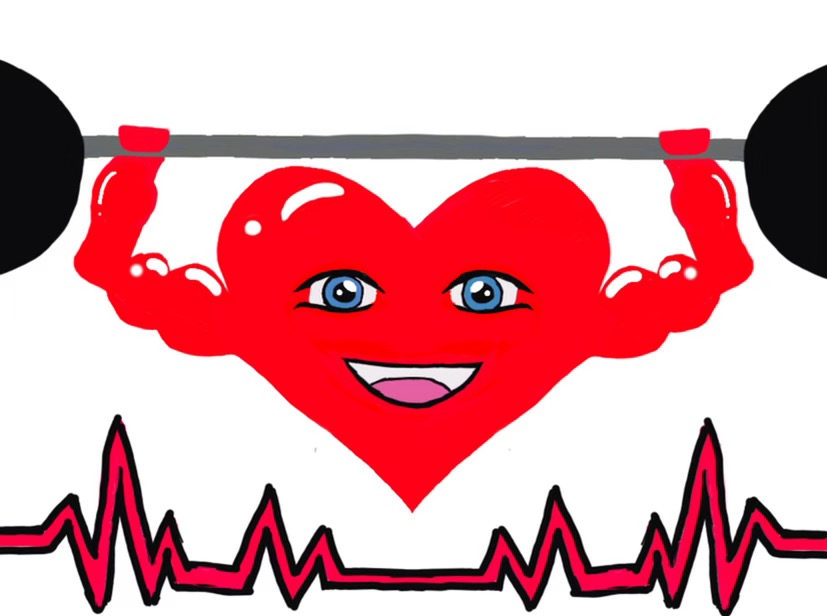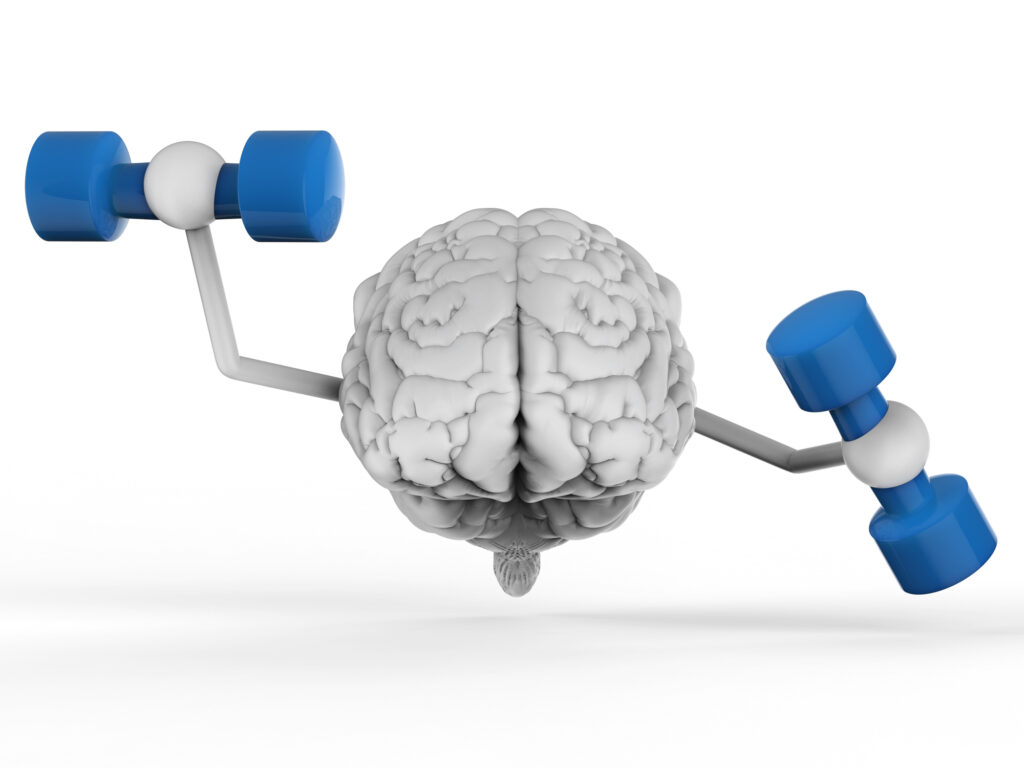
If you have been running for any length of time, you likely know you should be incorporating a long run into your running routine. These can be difficult to fit in as they do require more time and effort so reviewing the benefits may be just the motivation you need, as I do, to make sure you get it in.
The benefits of a long run are both a stronger body and mind which makes you a better runner. From the heart and brain to the muscles and joints to the cells and mitochondria, long runs are a full body workout. Incorporating a long run in your workout will lead to improved fitness while making you a stronger and faster runner.
The long run can be a challenge, not just mentally and physically, but because of the time involved. The long run should be done at a slow pace of easy effort. Otherwise known as LSD (long slow distance) the long run has so many benefits it is worth reviewing how they can make us a better runner. There is bound to be a point or two below that will make you more determined to fit that long run in or to start making it a part of your exercise plan.
Long runs strengthen the heart

Any exercise is great for the heart and studies show a clear correlation between aerobic exercise and reduced risk of heart disease, stroke, and diabetes. Many experts believe that cardiovascular endurance is one of the most important aspects of overall physical fitness.
Any endurance training has been shown to strengthen the heart and a good aerobic base can make any exercise easier. The stronger the heart is, the better and more efficiently it can pump and deliver blood and oxygen throughout the body. See here for more information on endurance training benefits.
Besides exercise getting easier, you can usually run faster and/or farther as your cardio endurances improves. As your aerobic endurance improves your resting heart rate may also lower as the body gets stronger and more efficient at pumping blood.
Physical adaptations of endurance training for handling greater stress
It is well known that running reduces stress and anxiety, but there are other stresses that long distance running specifically target. Long runs (with proper recovery) allow your body to adjust and adapt to the impact of running for a longer time.
Since running is a high impact sport, the longer you run, the more stress is placed on the muscles, joints, and ligaments. With proper recovery the body will adapt and grow stronger allowing the body to go farther in the future with the same level of effort.
The long run puts both mechanical and cardiovascular stress on the body. The body can adapt to the stress and become stronger, but only if the load does not exceed the body’s capacity to adapt. Be sure to have sufficient rest before the next workout to allow the body to rebuild itself before stressing it again.
Running on tired muscles provides good mental and physical training

Learning to run when you are tired is a good skill that trains the body both physically and mentally. Running through the tiredness is good for building endurance and mental toughness.
The body has more reserves than we think and running on tired legs proves this to you. While it may not feel great, you can adjust mentally to the uncomfortable feeling and gain confidence that you know your body can still perform.
There is a fine line between over-training and building more endurance and toughness so enlisting the help of a coach may be a wise choice. Following a reputable training plan is another good idea to make sure you aren’t running too long or too fast. You can always do less mileage, but you should not do more than the long run plan.
Long runs increase stamina and endurance
Running requires both stamina and endurance and the more stamina and endurance you have, the faster and farther you can run. Both stamina and endurance involve how long you can perform a physical activity.
Long runs are great at building stamina and endurance as you can gradually increase time on your feet and mileage. Over time you see improvements as you can run distances that were once inconceivable or extremely exhausting and are now manageable. Click here for more information.
Long runs build strong muscles and bones
Running does build muscle and the impact of running can improve bone density. Long runs build your slow-twitch muscles fibers while also giving the lower body including glutes, quads, hamstrings, and calves a workout.
The key to building muscle is to keep pushing yourself which the long run tends to do because they are longer than your average runs. You can gain more benefit from the long run by incorporating different intensities to challenge yourself if you are not increasing the distance over your last long run.
Keep in mind that while long runs can build muscle in the lower body, it is not the ideal workout for building muscles. See my article here on incorporating strength training into your running routine.
Long runs are great for weight loss and maintaining a healthy weight
Long runs do three things for weight loss and help maintain a healthy weight. Longs runs burn a lot of calories, teach the body to burn fat for fuel, and increases your metabolism which translates into promoting a healthy weight.
In order to run longer and further, you will need to slow down a little to keep a sustained pace for a long period of time. You only have enough glycogen stores for about 45 minutes to an hour. The body switches to burning fat once your glycogen stores are empty.
Doing long runs on a regular basis teaches your body to burn fat more efficiently. Not only are you finally able to start depleting the fat stores, but you will also gradually feel less fatigued as your body adapts more quickly and efficiently to using fat for fuel.
Long runs promote injury prevention

Long runs can help prevent injury by allowing the muscles, neurological, and skeletal systems to get stronger. This makes you less prone to running injuries in general.
Speedwork is usually the culprit of running injuries. Long runs are done at much slower paces and thus are rarely the cause of injuries unless you are running too fast or too far.
If you stay within the 10% rule (don’t add more than 10% distance from you last long run) and allow the body to recover, the body is able to build itself up stronger for your next run and make you more injury resistant.
Long runs improve your mood and mental state
Aerobic activity of moderate intensity has been shown to boost memory, thinking ability, mood, and good sleep while reducing stress and anxiety. Sounds like the perfect prescription for just about anyone!
The key to all these benefits that scientists have found is REGULAR aerobic activity. A long run is the perfect run for reinforcing consistency as you can only begin to run further by running regularly. Not only are you getting all these benefits during and after your run, but you are also mentally setting yourself up for your next running workout.
For more on consistency in running see here. For more on the science behind running to reduce stress and anxiety see the article here.
Long runs can make you faster

Long runs make you faster due to all the benefits already described. In addition to the above, you are also increasing mitochondria (power houses) and blood vessels in your body which provides more energy and oxygen for the muscles.
You will find that shorter runs become much easier at the same pace as you continue to do long runs and increase your distance. I personally found that I hit new records in the 1-mile and my 5K pace while training for my first marathon last year. For more tips on running faster see my article here.
Key Takeaways
There are a lot of benefits to a weekly or regular long run. It is good for you cardiovascular, muscular, skeletal, and neurological systems as your body is pushed to new limits and builds itself up stronger.
While they can be hard to do them because of to the time involved, long runs will make you a happier, stronger, and a faster runner. Keep in mind that these benefits only happen when the body can adapt to the stresses placed on it, so don’t get too overzealous and remember to take them slow.